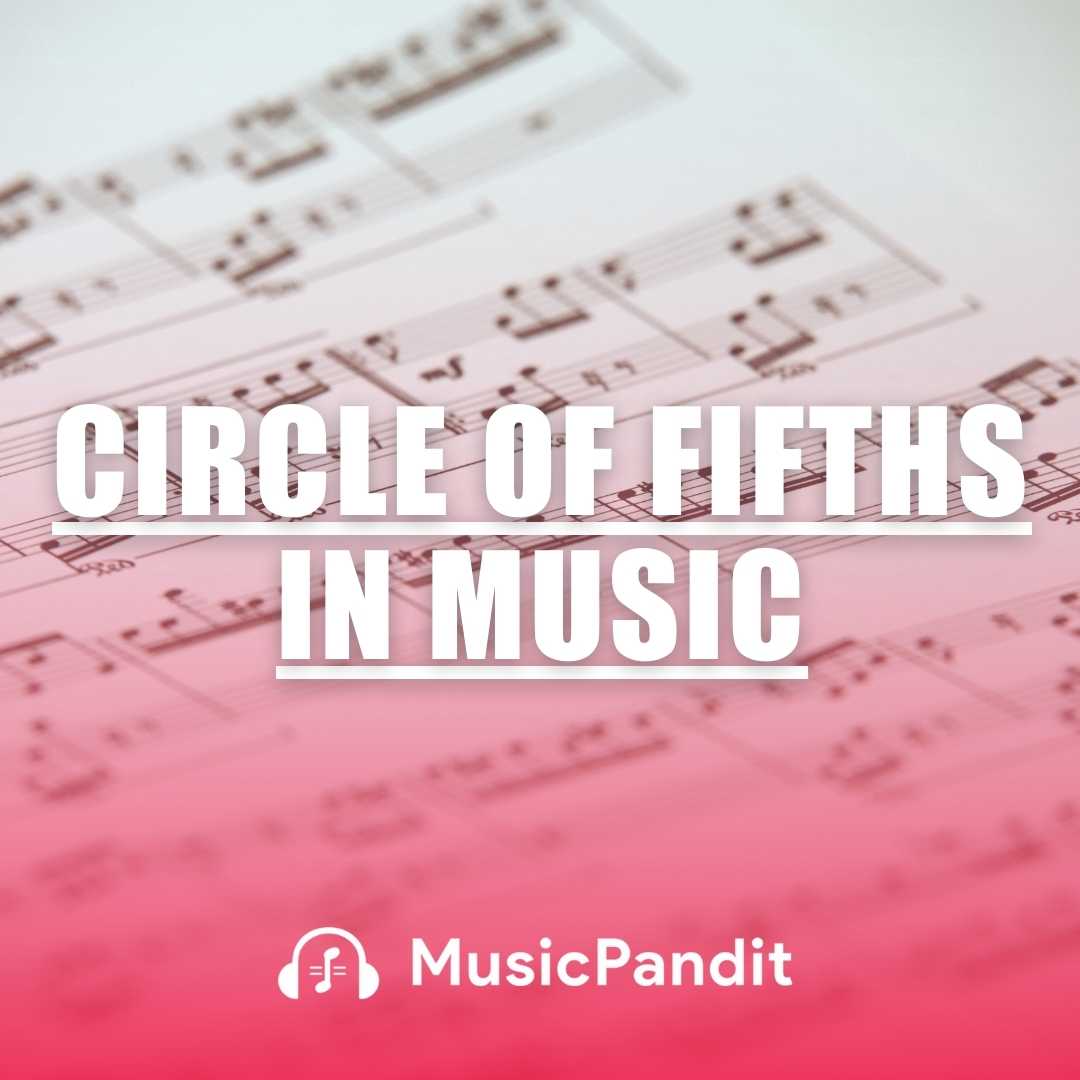Music is all about sounds, and as a musician, your ears are your most important tool. Ear training is a crucial skill that helps you understand and appreciate music better. In this article, we’ll explore what ear training is, why it’s important, and how you can develop this skill to become a better musician.
What is Ear Training?
Ear training, also known as aural skills, is the practice of learning to recognize and identify different musical elements by ear. This includes:
- Pitches and intervals
- Chords and chord progressions
- Rhythms and time signatures
- Melody and harmony
- Dynamics and timbre
When you train your ear, you’re teaching your brain to understand and interpret the sounds you hear in music.
Why is Ear Training Important?
Ear training is essential for several reasons:
Improved Musicianship
When you can recognize musical elements by ear, you’ll become a better player or singer. You’ll be able to learn songs faster and play more accurately.
Better Improvisation
With good ear training, you can improvise more easily because you’ll understand how different notes and chords work together.
Enhanced Composition Skills
If you want to write your own music, ear training helps you imagine and create melodies and harmonies in your head.
Faster Learning
You’ll be able to learn new songs more quickly because you can figure out parts by listening instead of always relying on sheet music.
Deeper Music Appreciation
Ear training helps you notice and enjoy more details in the music you listen to.
How to Develop Better Hearing Skills
Developing your ear takes time and practice, but here are some ways to get started:
1. Interval Recognition
Start by learning to recognize different intervals (the distance between two notes). Begin with simple intervals like octaves, perfect fifths, and major thirds. Listen to these intervals and try to identify them. There are many online tools and apps that can help with this.
2. Chord Recognition
Learn to identify common chord types like major, minor, and dominant seventh chords. Start with simple progressions and gradually move to more complex ones.
3. Rhythm Training
Practice clapping or tapping along with different rhythms. Try to identify time signatures and beat patterns in songs you listen to.
4. Melodic Dictation
Listen to short melodies and try to sing them back or write them down. Start with simple, short melodies and gradually increase difficulty.
5. Active Listening
When you listen to music, try to pick out individual instruments or voice parts. Focus on one element at a time, like the bass line or harmony.
6. Sing Solfege
Learn to sing using solfege syllables (do, re, mi, etc.). This helps you internalise pitch relationships.
7. Use Technology
There are many apps and websites designed for ear training. Use these tools to practise regularly.
Is Playing by Ear a Natural Ability?
While some people may have a natural talent for recognizing musical elements, ear training is a skill that can be developed by anyone. Just like learning an instrument, it takes practice and patience. Don’t get discouraged if you find it challenging at first – with regular practice, everyone can improve their ear training skills.
Uses of Ear Training in Music
Ear training has many practical applications in music:
Transcribing Music
You can write down music you hear without needing sheet music.
Playing by Ear
You can figure out how to play songs just by listening to them.
Tuning Instruments
Good ear training helps you tune instruments more accurately.
Ensemble Playing
You can blend better with other musicians when playing in a group.
Audio Engineering
For those interested in recording, ear training helps in mixing and mastering.
Benefits of Ear Training
Developing your ear training skills offers many benefits:
Increased Confidence
You’ll feel more sure of yourself when playing or singing.
Better Memory for Music
Ear training helps you remember music more easily.
Improved Pitch Accuracy
Singers and instrumentalists can perform with better intonation.
Enhanced Creativity
You’ll have more tools to express your musical ideas.
Better Understanding of Music Theory
Ear training helps make abstract music theory concepts more concrete.
Related Topics
Ear training is connected to several other areas of music study:
Music Theory: Understanding music theory helps you make sense of what you hear.
Sight-Reading: Good ear training can improve your ability to read music at first sight.
Composition: Ear training is crucial for writing your own music.
Improvisation: A well-trained ear helps you create better solos and improvised parts.
Music Production: For those interested in recording and producing, ear training is essential.
Instrument-Specific Ear Training
While ear training is important for all musicians, some aspects may be more relevant to specific instruments:
For Singers
Singers should focus on pitch matching, interval recognition, and harmony singing. Practice identifying different vocal timbres and styles.
For Guitarists
Guitar players benefit from recognizing chord progressions and understanding how different tunings affect pitch relationships.
For Pianists
Piano players should work on recognizing complex chords and voices leading in harmony.
For Drummers
Drummers should focus on rhythm recognition, including complex time signatures and polyrhythms.
For Wind and Brass Players
These musicians should pay extra attention to intonation and timbre recognition within their instrument family.
Tips for Effective Ear Training Practice
To make the most of your ear training practice:
- Practice regularly, even if it’s just for a few minutes each day.
- Start with easier exercises and gradually increase difficulty.
- Use a variety of training methods to keep things interesting.
- Be patient with yourself – progress takes time.
- Apply what you learn to real music as soon as possible.
- Practice with friends or join a study group for motivation.
- Record yourself singing or playing and listen back critically.
Conclusion
Ear training is a fundamental skill for any musician. It helps you understand, appreciate, and create music more effectively. While it may seem challenging at first, with regular practice and patience, anyone can improve their ear training skills. Remember, the goal is to connect what you hear with your understanding of music theory and your instrument. As you develop your ear, you’ll find that making and enjoying music becomes even more rewarding.
So, start your ear training journey today! Listen closely to the music around you, try out some exercises, and watch as your musical abilities grow. With time and practice, you’ll be amazed at how much your ears can learn!















